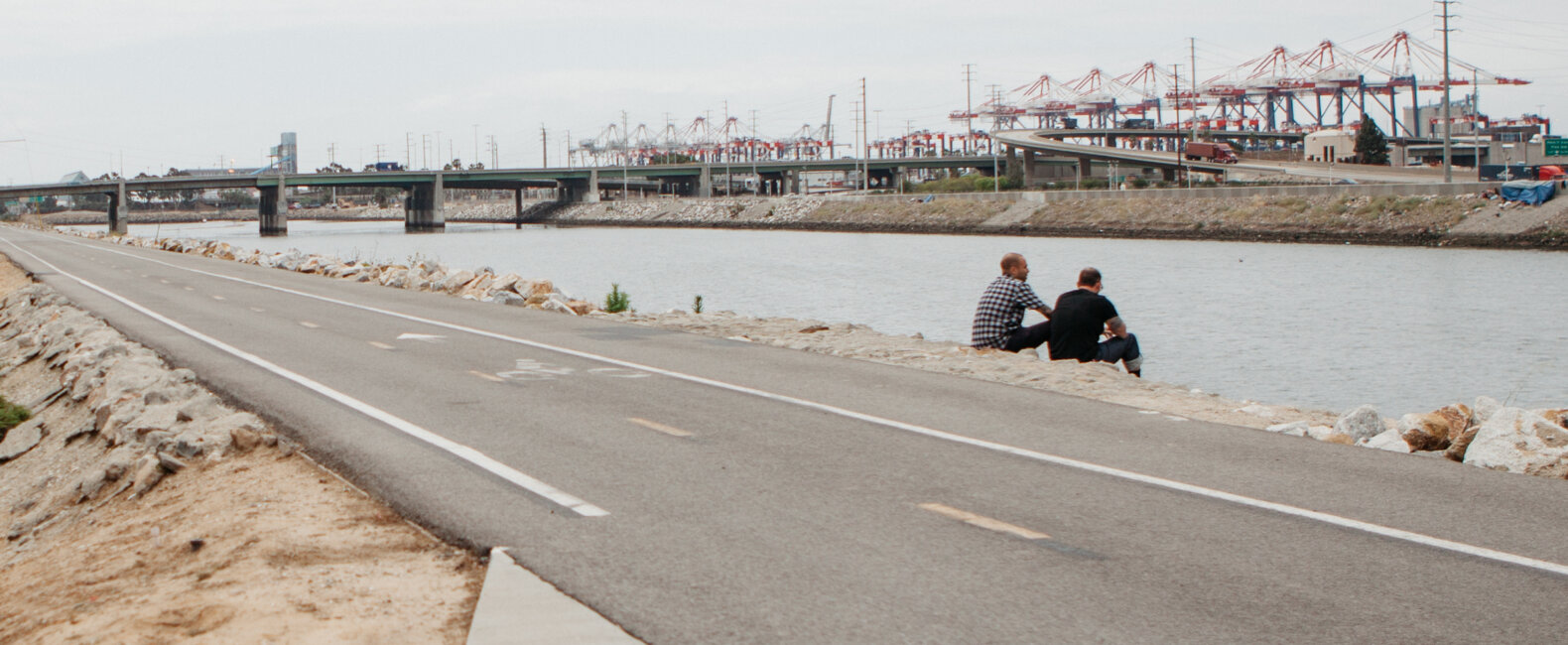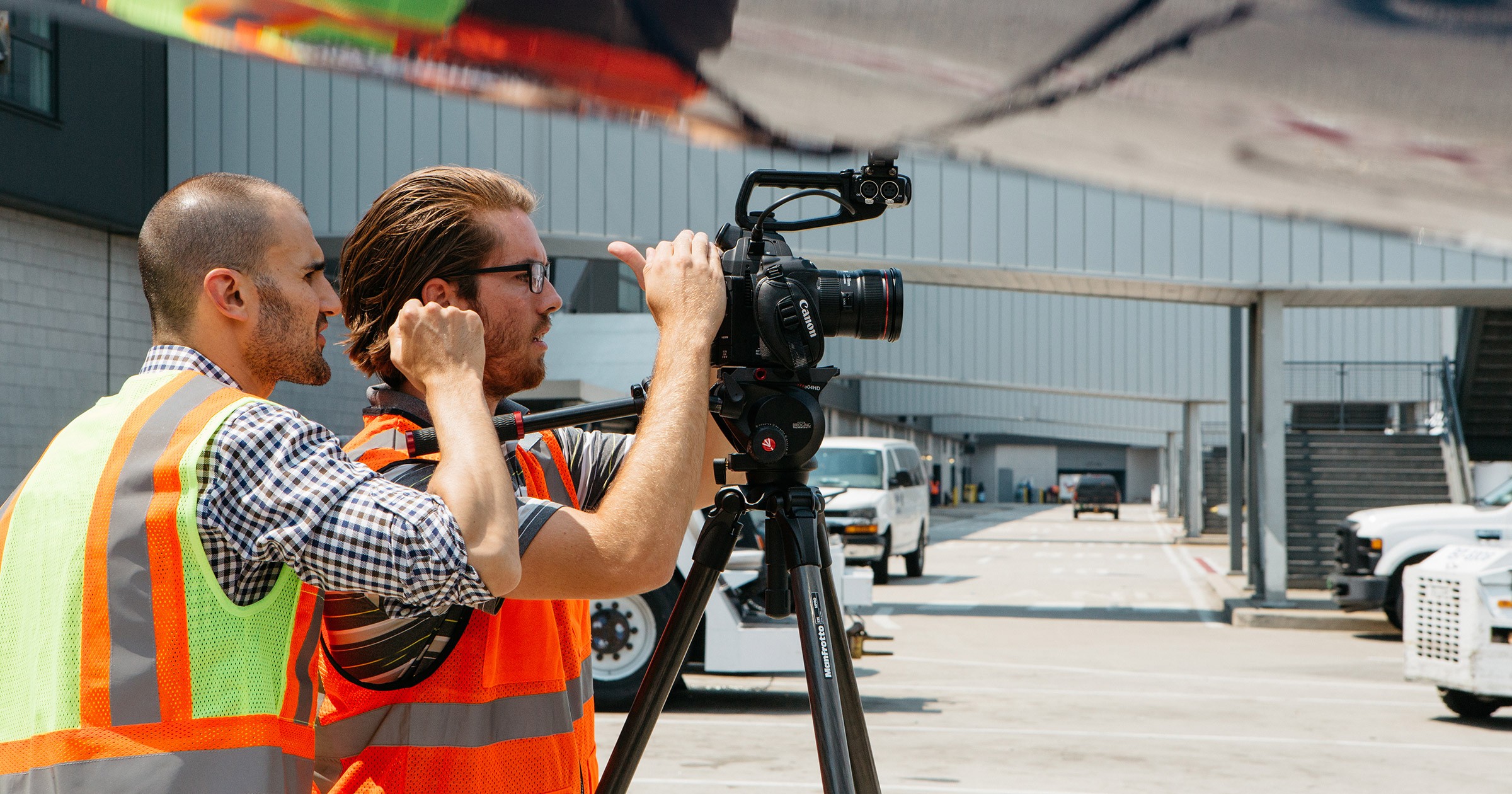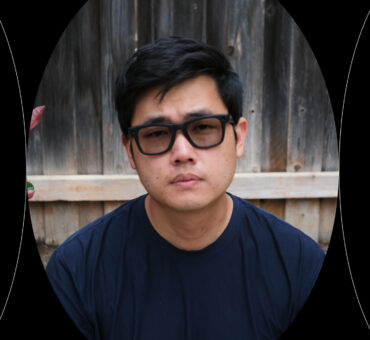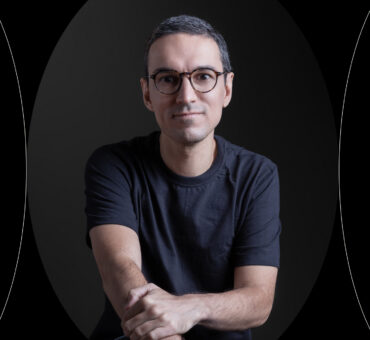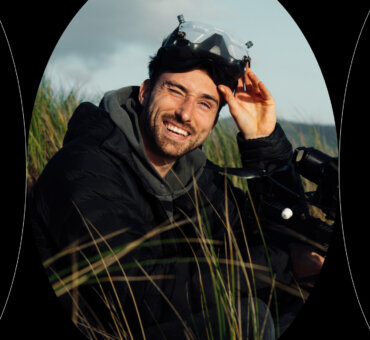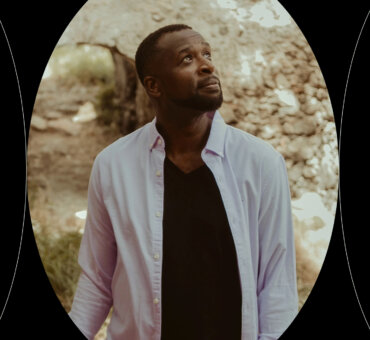There’s a new year upon us, and lately we’ve been thinking about mentorship. Thinking about people who have mentored us, the people we’ve been honored to mentor, and the gift of mentorship itself. For most of us — creative people prone to melancholy and emotional volatility — this relationship is our best hope for keeping each other on the rails, and making sure we all keep working, and living, honestly and productively.
There’s this romantic idea out there that self-destruction and creativity go hand in hand. After all, some of the most creative people of all time have been alcoholics, heavy drug users, loners. Most went through a handful of marriages. And sure, they made great things; but it’s hard to say if that was because of, or in spite of, their vices. More and more, the mind-set seems to be shifting toward a more holistic creative existence — one where making great art is just part of what makes up a good life. And one of the best ways we’ve found to navigate the nuances of such a life is to find someone to guide us.
For most of us creative types, finding a mentor feels awkward. Following in someone else’s footsteps offends our creative sensibility — our desire to be unique. Why would we go out of our way to imitate someone when we’ve put so much effort into finding a voice of our own?
This role, though, might not be exactly what you think it is. Rarely is it about imitation, or even self-improvement. More than anything, it’s about perspective. Eliot Rausch puts it this way: “I don’t think becoming a better person is necessarily the goal [of mentorship]. I think that’s the by-product of becoming more honest with life. The mentors who’ve come alongside me have helped inform that honesty. That’s the real gift of mentorship in my life, and it deeply affects my craft.”
Even though it might seem like a roundabout path to growth, engaging with the process — even if you and your adviser never even bring up filmmaking — can push your craft forward. It helps you become a more honest, more emotionally aware person, which will help you not only tell more honest and emotionally aware stories, but also attract the people with whom you want to tell those stories.
Finding a mentor might might not be the fastest path to growth you can take — but it is the most transformative, the most holistic, and, in a way, the fastest method to get to the right place. We don’t think there’s a better way.
Mentorship — more than any book, conference, or tutorial — has the power to propel you into the next level of living and creating. We’ve seen it time and time again for others, and for ourselves. Ideally this person works like a scalpel, speaking directly and precisely into your situation, able to understand the nuance of who you are. The point is rarely, if ever, to get advice. The reason we hear out these creative advisers is similar to the reason we read the great philosophers. You don’t read David Hume to agree with David Hume — you read David Hume because you want to see how he thinks, how he reasons, how he sees the world. Disagreement is just as valuable, if not more so, than agreement. We seek out this person for the perspective he or she can offer us, not the answers.
When you start looking for a mentor, you’re simply looking for someone who is a few steps ahead of you. Ideally, enough steps ahead that this person has been through what you’re going through and had years to reflect on it. By the way, there’s no rule that says you can’t have multiple influences. In fact, having a few people who speak into different areas of your life is something we highly recommend.
So, they will probably be older than you. Maybe significantly so. Which makes it all the more awkward when you ask them out for beers. To cut down on the awkwardness, we’ve found it’s helpful to bring a specific problem to them. Maybe it’s a creative problem, maybe it’s a personal problem — bring a specific situation to them and ask what they see. Almost every specific problem is emblematic of much bigger, much more universal ideas. You start by talking about the pieces and you end up talking about the whole.
Oh, and one more thing about mentorship: It’s a process. Maybe a lengthy one.
We’ll go ahead and tell you right now that finding someone as a guide is no shortcut to success. It takes time, just like anything worth working towards. It takes hundreds of cups of coffee. It takes pressing past the awkwardness, being vulnerable, hearing things you don’t want to hear. Finding a mentor might not be the fastest path to growth you can take — but it is the most transformative, the most holistic, and, in a way, the fastest method to get to the right place. We don’t think there’s a better way.
So as you think about your goals for this coming year, consider adding mentorship to the list. Find someone you admire and buy her a cup of coffee. Find someone you see potential in and buy him a cup of coffee. After all, it’s a new year — there’s no better time for buying people coffee.















































































